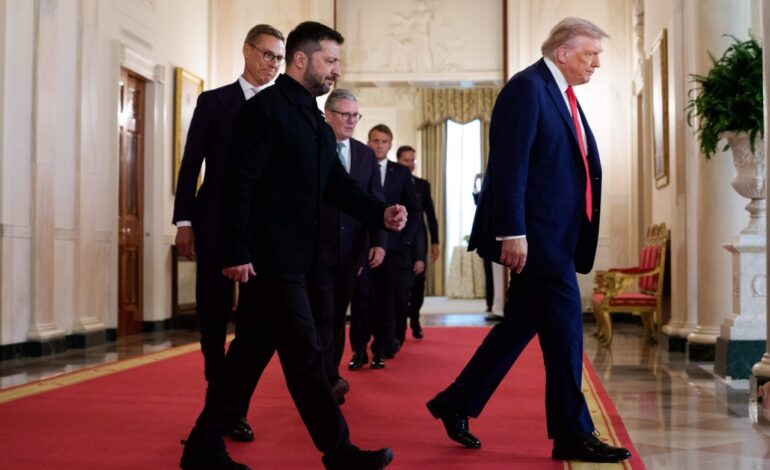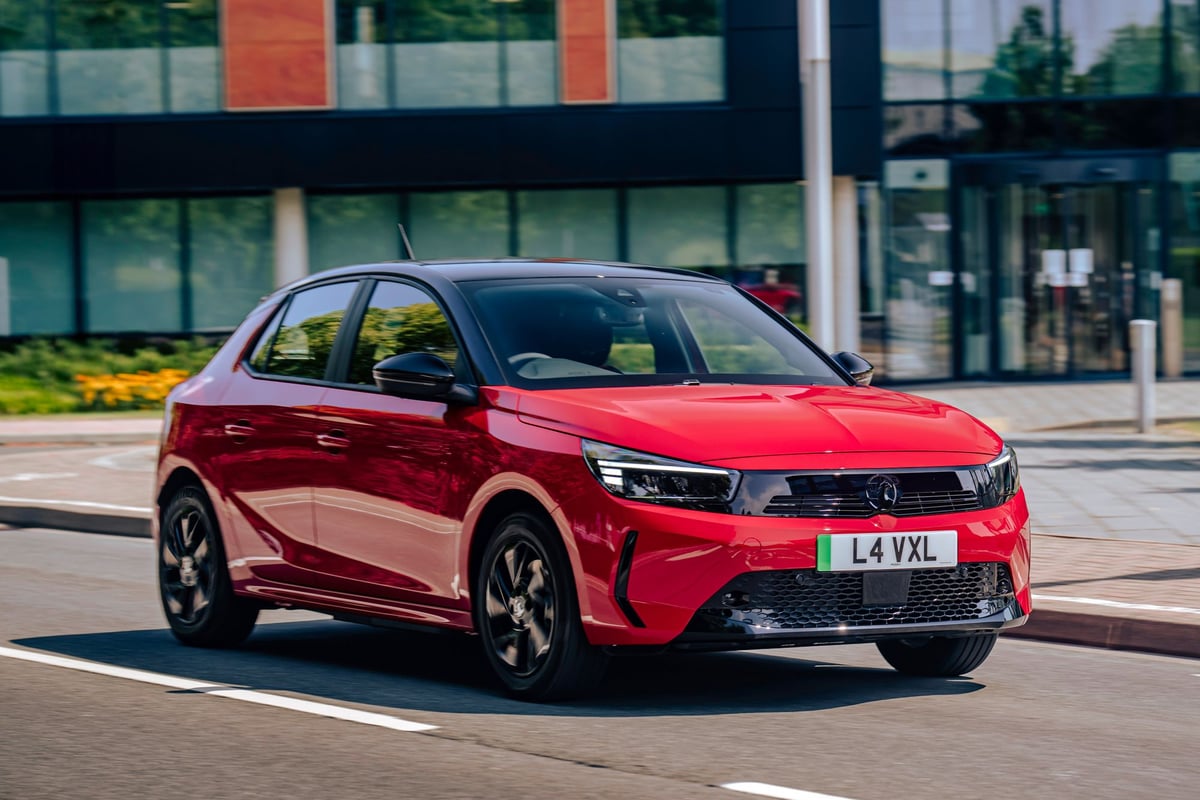European Leaders Adapt to Trump’s Approach at Recent Summit

European leaders have recently adjusted their diplomatic strategies in response to the leadership style of Donald Trump. During a summit held in Washington D.C. in July 2023, Trump praised his guests, a notable shift from his previous rhetoric. This change in tone follows significant concessions from Europe, highlighting how leaders on the continent have studied Trump’s approach and tailored their communications accordingly.
The meeting was characterized by a focus on mutual interests, particularly in areas such as trade agreements and defense spending. European officials have increasingly recognized the importance of aligning their priorities with Trump’s agenda to facilitate productive discussions. This strategy seems to have paid off, as Trump acknowledged their efforts, which in turn has fostered a more cooperative atmosphere during negotiations.
European leaders are now more attuned to the nuances of Trump’s communication style. Observing his preferences, they have begun to adopt a more assertive tone in their dealings. This shift reflects a broader understanding that engaging with Trump requires an approach that emphasizes directness and clarity, qualities that resonate with his business-oriented mindset.
NATO has been a focal point of these discussions, particularly regarding defense spending commitments. European nations are responding to Trump’s calls for increased military investment. For instance, several countries have committed to raising their defense budgets to meet the alliance’s target of 2% of GDP. By doing so, they aim to demonstrate their commitment to collective security while addressing Trump’s concerns.
In addition to military spending, trade relations have also been a pivotal topic. European leaders have sought to create a dialogue that emphasizes the mutual benefits of trade, countering Trump’s protectionist tendencies. By framing discussions around shared economic interests, they hope to mitigate tensions and foster a more favorable trade environment.
The dynamics of international diplomacy are continually evolving. As European leaders learn to navigate the complexities of Trump’s administration, their strategies reflect a desire for stability and cooperation. This pragmatic approach demonstrates their commitment to strengthening transatlantic ties while ensuring their national interests are also prioritized.
In summary, the recent summit in Washington D.C. highlighted how European leaders have adapted their diplomatic strategies to engage more effectively with Donald Trump. By emphasizing cooperation, mutual interests, and assertiveness, they aim to build a productive relationship that benefits both Europe and the United States.






